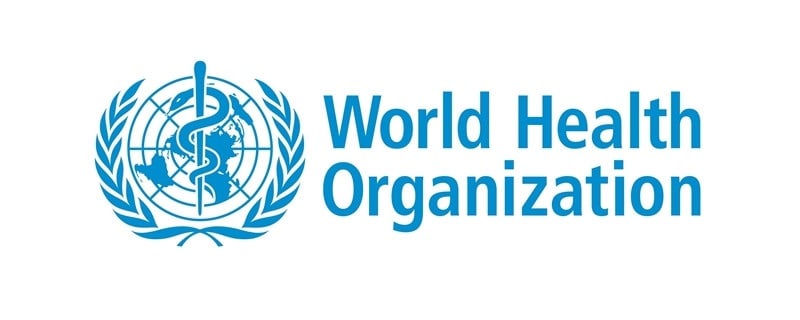Drug resistance, according to infectious disease experts, is a key obstacle in the treatment of tuberculosis in Nigeria, making the global Sustainable Development Goal aim of eradicating TB by 2030 a mirage.
Changes in the TB-causing organisms, according to the specialists, are also key factors for resistance, particularly with mass population treatment, when some patients do not complete their given dosages.

According to the World Health Organization, multidrug-resistant tuberculosis is still a public health concern and a health security danger, with only roughly two out of every five people with drug-resistant TB receiving treatment in 2022, exacerbating the global situation.
According to the World Health Organization, drug resistance develops when TB treatments are administered incorrectly, such as through inaccurate prescriptions by healthcare providers, poor-quality drugs, or patients discontinuing therapy prematurely.
The UN body went on to define tuberculosis as an infectious disease that primarily affects the lungs and spreads through the air when infected people cough, sneeze, or spit in their surroundings.
Drug resistance, according to Godwin Jombo, a Professor of Clinical Microbiology at Benue State University, is a serious concern in the treatment of tuberculosis in Nigeria.
He said, “Nigeria has been experiencing the ups and downs of TB. After mass population treatment of TB patients, many people became well, and some others developed drug resistance due to poor drug usage.




















